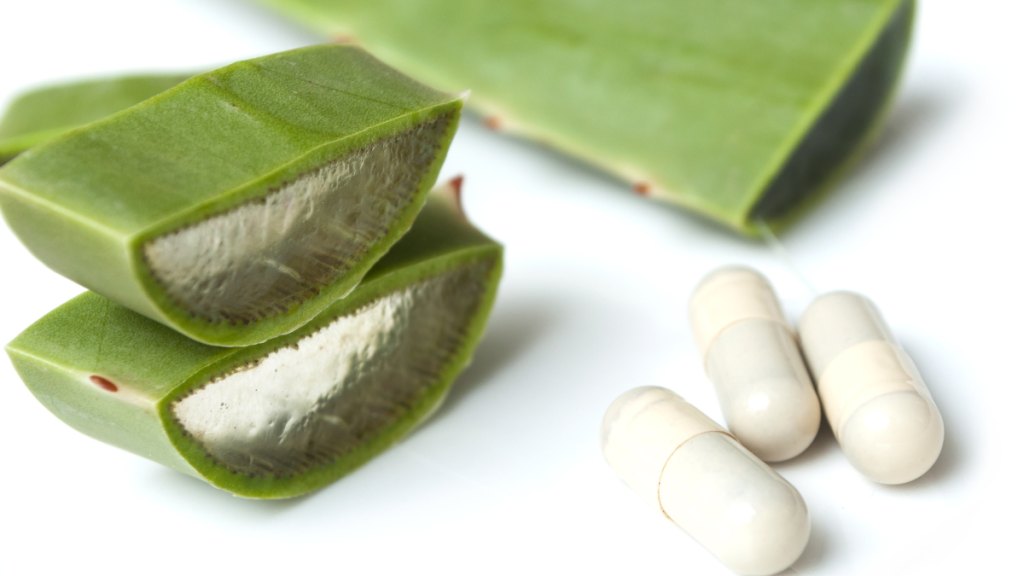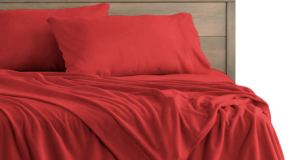If you suffer from interstitial cystitis (IC)—a chronic inflammatory disorder of the bladder—you know the discomfort can be intense. So much so, the condition has another moniker: bladder pain syndrome (BPS). While that sounds scary, there are interstitial cystitis self-care strategies proven to relieve symptoms. Here’s what you need to know about how to ease pain, curb urinary frequency and improve your daily life.
What is interstitial cystitis?
The truth is the condition affecting 3 to 8 million people remains difficult to define. “We don’t really know what interstitial cystitis is,” says former urologist Martha Boone, MD, author of The Unfettered Urologist: What I Never Had Time to Tell You in a Fifteen Minute Office Visit. “It boils down to a catchall term for bladder pain.” She adds that everything from generalized bodily inflammation, pelvic floor dysfunction, endometriosis, chronic constipation and hormonal changes triggered by menopause may lead to or worsen interstitial cystitis.
How interstitial cystitis differs from a UTI
Though there’s a lot we still don’t know about IC, one thing is for sure: it differs from a urinary tract infection (UTI) in several important ways. The biggest distinction is that IC is triggered by inflammation, while a UTI is caused by a bacterial infection, explains urologist Doreen E. Chung, MD, Assistant Professor of Urology for ColumbiaDoctors Department of Urology. “The pain is also much more intense with interstitial cystitis,” she says, “and the bladder feels full at the slightest discomfort—people with interstitial cystitis need to urinate constantly.”
Which symptom of interstitial cystitis bothers you most?
Interstitial cystitis self-care treatments
While a UTI can be cleared up by antibiotics, interstitial cystitis is a chronic condition that can last for years. That’s why self-care strategies that manage stress and inflammation over the long-term are key to soothing interstitial cystitis symptoms. Keep reading for a few easy tips.
Start with an elimination diet
“About 50 percent of my patients found that certain foods and beverages—like tomatoes, chocolate, coffee and fruit juice—worsened their symptoms,” reveals Dr. Boone. Indeed, acidic foods and drinks, as well as those containing caffeine, may irritate the bladder wall. Spicy foods, alcohol, carbonated beverages and foods containing vitamin C (like citrus fruits) are also common offenders.
To pinpoint which “menu items,” if any, may be behind your pain, you can do a little food sleuthing with an elimination diet, Dr. Boone recommends. You remove a food from your diet for a certain amount of time, then reintroduce it to see if it exacerbates symptoms. You’ll likely discover pretty quickly if there’s a hidden culprit in your pantry. “If you eat a tomato at noon, for example, you should know by about 3 p.m. if it’s making you feel worse,” she says.
Try physical therapy
The “absolute best” interstitial cystitis treatment is pelvic floor physical therapy, says Dr. Boone. “A physical therapist can examine where pelvic floor muscles are tight and show you which exercises you should and should not do—Kegels, for example, can actually trigger pain and urgency by tightening muscles.”
Research proves this very personalized approach is the gold standard treatment for interstitial cystitis. In fact, a 2021 study in the Journal of Clinical Medicine showed that pelvic floor muscle training significantly improved quality of life for people with IC. To find a trained pelvic floor physical therapist, check out the American Physical Therapy Association (APTA).
Curb pain-inducing stress
“We hold a lot of stress in our pelvic floor muscles,” reveals Dr. Boone, explaining that anything from meditation to acupressure is shown to decrease levels of the stress hormone cortisol and relax tense pelvic muscles. Another stress-taming solution may be as close as your phone. “I used to encourage patients to download the meditation app Headspace to help them relax a few minutes every day,” she says.
Gentle activity will also do the trick. “Very mild exercises, like walking in a standing pool, increase blood flow to the pelvic floor, helping to decrease pain,” she explains. Plus, the buoyancy of the water “cradles” the bladder, taking pressure off of it.

Aim for ‘regularity’
When it comes to bowel movements, that is. “It’s important to have good bowel habits because if [fecal waste] sits on the bladder too long, it acts like a weight and may cause painful pressure,” explains Dr. Boone. You know the drill, but it bears repeating: Fill up on brightly colored, fiber-rich fruits and veggies. Not only will a healthy diet help prevent constipation, it’ll also bolster your immune system, the foundation of bladder health, she adds.
3 OTC interstitial cystitis medications to consider
If you need relief beyond what interstitial cystitis self-care remedies can provide, consider these over-the-counter medications:
1. Oral aloe vera
“One theory of what causes IC is that nerves lining the bladder wall are hypersensitive,” reveals Dr. Chung. That’s where oral aloe vera comes in. “It’s thought to coat the bladder, easing pain and urgency,” she says.
To reap the soothing benefits of aloe vera, consider Desert Harvest Aloe Vera Capsules, suggests Dr. Boone. “Take three pills in the a.m. and three in the p.m. It seems to help most people.” Indeed, according to a 2016 survey, 92 percent of patients said they experienced relief from Desert Harvest’s concentrated oral aloe vera, and 63 percent of patients reported dramatic improvement in urinary urgency.

2. CystoProtek
Full of flavonoids and antioxidants, including quercetin and olive pomace oil, the supplement CystoProtek is shown to decrease the inflammation that triggers interstitial cystitis. “Some patients swear by this product,” notes Dr. Boone.
3. Prelief
By neutralizing the acid in food, Prelief caplets tame pain-inducing inflammation and urinary urgency, according to Dr. Chung. Take as directed before meals.
Ask your doctor about additional interstitial cystitis treatments
To get the most relief from severe symptoms, combine interstitial cystitis self-care with treatment options only a medical professional can provide. Here, Dr. Chung shares a few prescription medications as well as procedures proven to ease chronic pain, urgency and urinary frequency.
Elmiron (pentosan polysulfate sodium)
The prescription oral medication decreases the pain and urgency of interstitial cystitis by coating the bladder, notes Dr. Chung. Indeed, a 2005 study in Urology, revealed that patients’ symptoms improved significantly over 32 weeks of treatment with pentosan polysulfate sodium.
Hydroxyzine
Some people with interstitial cystitis may have an excess amount of histamines in their bladder, making it more sensitive to pain, explains Dr. Chung. That’s why your doctor may prescribe the oral antihistamine hydroxyzine. Evidence for its efficacy is time-tested: A 1997 study in Urology showed that patients taking the medication experienced a 40 percent reduction in symptoms.
Bladder instillations
“Some people will come to me for bladder installations, cocktails of medications [inserted via a catheter] that fill the bladder,” says Dr. Chung. Though more invasive than oral medication, we can’t argue with the results: A 2020 study in International Urogynecology Journal, showed that 85 percent of patients who were treated with weekly bladder installations showed significant improvement.
Bladder stretching
The procedure is exactly as it sounds. Doctors place patients under general anesthesia and stretch the bladder by filling it with water. It’s thought that this helps turn off pain signals in the bladder, explains Dr. Chung.
Botox injections
Crow’s feet, migraines, excessive sweating… and now you can add interstitial cystitis to the list of woes Botox treats. The injectable helps some patients’ bladders become less sensitive, says Dr. Chung.
This content is not a substitute for professional medical advice or diagnosis. Always consult your physician before pursuing any treatment plan.




